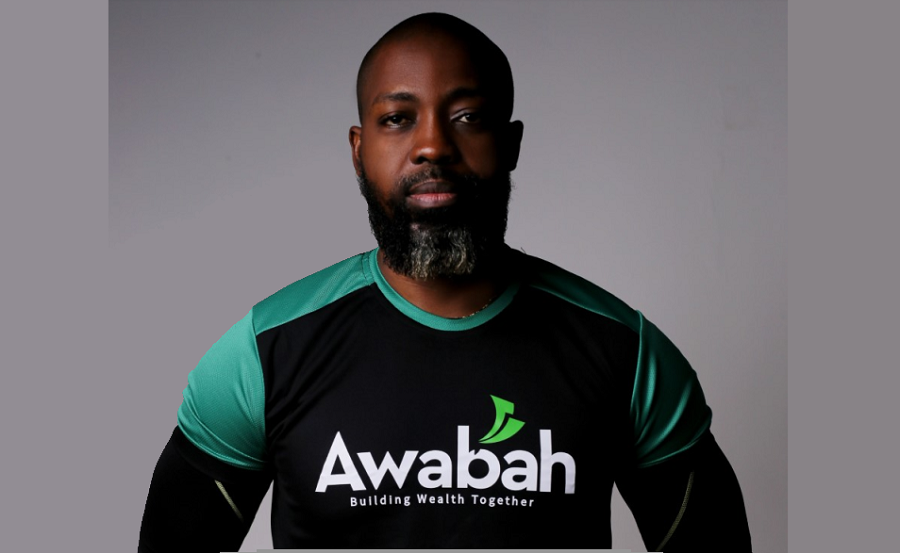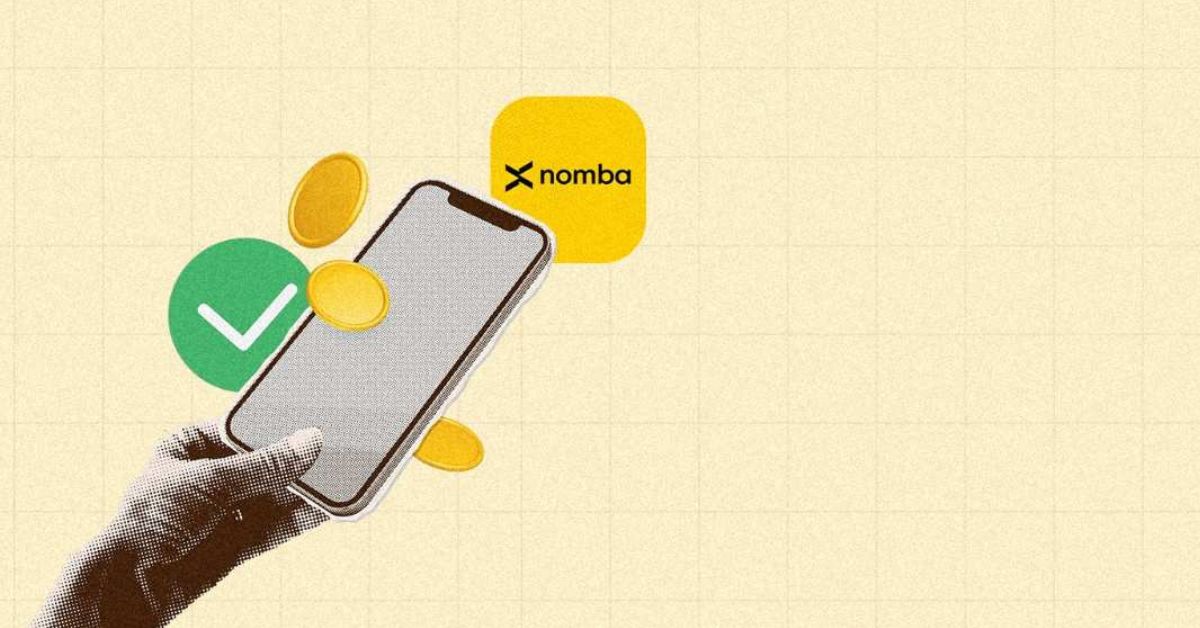Nigeria’s informal economy is a major source of economic growth and productivity, contributing about 50% to the country’s GDP. This sector is typically populated by the economically disadvantaged, and operations are characterised by unsafe and unhealthy working conditions/environments, unregulated skills and measures of productivity, low or irregular incomes, and importantly, lack of access to markets, job security, insurance, and technology, among other things.
Due to these challenges, people working in the informal economy hardly have sufficient access to financial services like banking, insurance, credit, and pensions. This is largely due to factors like the lack of infrastructure in rural areas, lack of information, and the strict access requirements which poorer people just cannot afford. While the current pension act of July 2014 mandates employers with at least 15 employees to participate in a contributory pension scheme for their employees, these benefits are typically out of the reach of the average Nigerian working in the informal sector.
Awabah is a financial services startup founded in 2021 that is providing financial leverage and security for Nigeria’s non-formal work sector. In simpler terms, Awabah provides life and health insurance, micro pensions, and accident covers, at a cheaper rate such that poorer Nigerians in the informal sector can afford to access these services.
TechCabal had a conversation with Tunji Andrews, the founder and CEO of Awabah, on the complexities of building a financial product and how important their product is in ensuring that Nigerians are not locked out of the cashless society.
Can you please give me a brief background of how you started and how your personal journey intersected with the creation of Awabah?
I’ve been invested in the conversation of financial inclusion for the last 12 years. I’ve worked in and around financial and capital markets, and have also done some work with media, radio, and TV in pushing financial inclusion. I fell in love with the concept of financial inclusion after the CBN’s first push for cashless Lagos, and I’ve just been in the space since then. I believe that financial inclusion will save the African continent, and four years ago, I decided to put my money where my mouth is by creating Awabah.
How did you come up with the idea of Awabah?
I had been trying to look for that simple product which gave leverage to informal sector workers because I felt like they needed leverage. I’ve always asked what the use of a bank account is to the local woman who has a shop in the market in Ibadan. If you ask that question at the base, you will see that it really does nothing for her. She could keep her money in her mattress, which is not ideal, but still works. The bank doesn’t do much but take transaction charges from her.
We were looking for a structure which gave leverage to informal sector workers, and so we explored some models. At first, we explored lending, but we quickly realised that the structure wasn’t really giving leverage in the way we thought leverage should be given. I was speaking to a friend who mentioned micro pensions, which made a lot of sense to me because I had done a short stint with a private pension company. I started to conduct my research and the rest is history.
What have been some crucial challenges?
In the beginning, one challenge we had was the issues of education and sensitisation, helping people understand why they needed these services. We started selling a product people didn’t know they needed, convincing them why they needed life insurance and why they needed to save for a pension. Thankfully, it’s easier to convince people now that we’ve grown.
Another challenge is regulation. The pension industry is heavily regulated and just navigating these regulations while still trying to innovate is extremely difficult. We cannot move as fast as we want to, as we have to pay attention to every regulation in order not to be caught playing foul. While regulations help you stay safe, they can also slow you down, making you spend months doing what every other person could have done in two days.
How easy is it currently to get people to buy your product?
We evolved into creating something we now call ESS (Enterprise Support Solution), which is a bouquet of financial wellness tools. We realised it was quite difficult to sell a retirement plan to a lot of people as a standalone product, and the simple reason being that a lot of people weren’t as preoccupied with their future as much as they are about now. They believe the future will sort itself out.
What we did with the ESS is find the right mix of sorting the future for gig workers and other people in the informal economy, and doing it at a price point that is absolutely difficult for them to ignore. With just ₦1500 a month, you get pension savings, health insurance, life insurance, and accident coverage.
How do you limit the barriers to accessing your products for people in the informal economy?
While this is not an easy field for us to navigate, because we also have to comply with regulators, we do our best to make it easier for our potential users. For example, regulations require everyone that signs up for micro-pensions in Nigeria to have a NIN registration. Knowing this, we make sure that whenever we go out for live activations in markets especially, we have a NIN registration point with us.
We understand that we’re building specifically for the Nigerian mass market and financially disenfranchised so we’re doing everything to ensure that we try to remove as many barriers as we can for our customers, even before we approach them.
How does Awabah make money? You’ve built a product around affordability, so how do you balance that with making money as a business?
We’ve been able to do two specific things: get paid on transactions and on subscriptions.
We get paid for every transaction that happens on Awabah because we own the payment system. One of the reasons we’re able to drive down prices for users is that we own every piece of the jigsaw, and that’s how we also make money. Also, our ESS product is a subscription-based model where employers can pay a monthly subscription fee in order to access a certain price point to onboard their casual workers.
We just exited one of the worst times in Nigeria’s economic history: the cashless redesign era. How did that turn out for Awabah?
Personally, it was a sad point because we were not ready to play the role we were called to play in the ecosystem. In the midst of all the chaos, we saw key opportunities to make life easy for the mass market which is heavily dependent on cash. Unfortunately, we couldn’t do much as we were unprepared. The cash scarcity caught us unaware.
What are some policies or regulations that would do a lot of good for Awabah and for the advancement of your product in the market?
All the regulations that we are looking to have right now are being worked on and are being done as we speak. The first was to create a shared service arrangement for a company like ours to be able to play in the industry, and the second is on creating a seamless payment methodology in the pension system. If you were to pay pensions prior to now, regardless of how big the company is, the payments happen in what we call a T+2, at the minimum. You pay to get value into your pension savings account which takes two to three days if you’re lucky. However, in trying to get a more 2023-compliant pension system, we need something that is instant, or at least close to it, and the regulators are now creating that platform for that to happen.
What are Awabah’s plans for the next five years?
Our ESS product is doing quite well in the market, but we keep asking ourselves how we can improve. We’re already doing collaborations to help our customers access mortgages. There’s now a Pencom regulation that allows people to use 25% of their pension savings as equity contribution towards a mortgage, and we’re able to now create partnerships with banks to collaborate and help our customers own homes.
We’re also looking to have five million active customers in the next five years, as well as plans of expanding into the Ghanaian market. There are also still states in Nigeria where we aren’t operating in yet, and we plan to cover all 36 states, satisfying every gig worker in Nigeria.



















